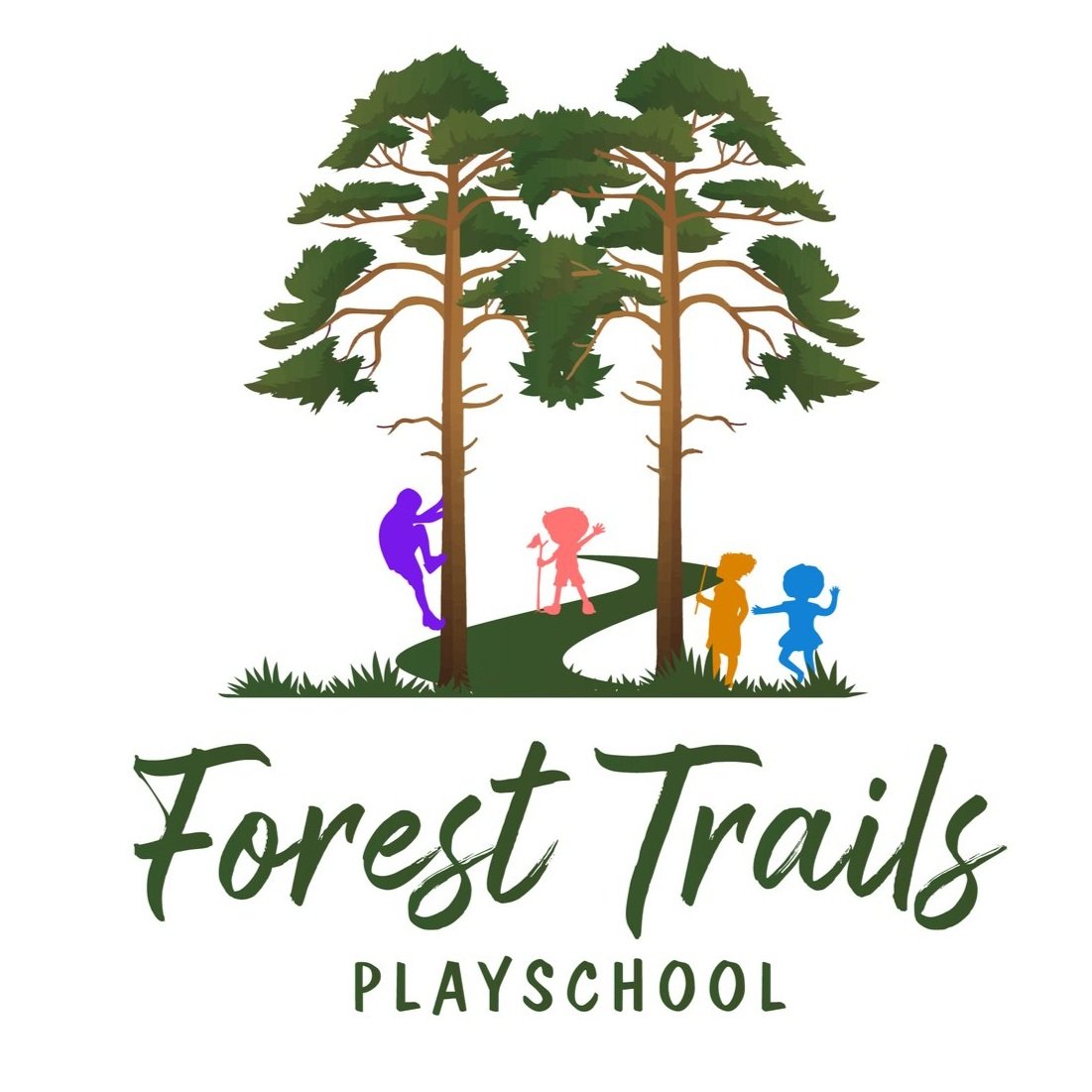Forest Kindergarten
What is Forest Kindergarten?
Forest kindergartens, also called “waldkindergartens” or “nature kindergartens,” are educational programs for children 4-6 years old, in which learning takes place in an outdoor or natural environment. While engaging in active play in an outdoor environment, children develop physically, cognitively, socially, and emotionally. Programs are facilitated by qualified and trained professionals in both early childhood education and environmental education. These programs nurture both child development and nature conservation values.
Key Features of Forest Kindergartens
Unstructured for long periods of time
Place-based emphasis
Reflective opportunities to inspire wonder and awe
All weather nature immersion
Encourages appropriate risk-taking
Sensorial, exploratory learning
Child-directed, play-based environment
Benefits of Forest Kindergartens
Improved Health
Cognitive Development
Problem Solving
Physical Development
Creativity
Emotional Development
Nature Stewardship
Our Forest Kindergarten Program
Our Forest Kindergarten program provides 100% nature immersion for children 4-6 years old. Our program is based on the practices of both early childhood education (NAEYC’s developmentally appropriate practices) and environmental education (NAAEE guidelines). Children in this program must be potty-trained, able to get dressed and undressed with minimal assistance, and able to open their water bottles, lunch boxes, and snack containers.
We follow an emergent based curriculum in which the interest of the child will guide the activities we provide to enhance their learning. We don’t have lessons prepared in advance. Instead, we observe the child and then plan the future activities based on what they are interested in. For example, if the child is wading in the creek and notices tadpoles, their interest in the tadpoles may lead to a study on the frog life cycle, parts of the frog, counting tadpoles, etc. The child has the lead on what topics they want to learn about.
This program meets at Little Big Econ State Forest in Oviedo, FL on Wednesdays. Little Big Econ State Forest is approximately 10,336 acres. The forest's name comes from combining the names of the Little Econlockhatchee River and the larger Econlockhatchee River, which come together just south of the forest. Little Big Econ State Forest’s most notable feature is the narrow, winding Econlockhatchee River, which flows 17 miles through the forest and empties into the St. Johns River. The forest provides a crucial source of protection for wetlands and associated natural communities within the floodplains of the Econlockhatchee and St. Johns rivers. Other natural communities include wet prairie, pine flatwoods, sandhill and scrub. The forest supports a variety of wildlife such as alligators, southern fox squirrel, gopher tortoise, gopher frog, bald eagle, sandhill crane, deer, turkey, gray squirrel, roseate spoonbill and wood stork. The forest has 11.8 miles of hiking trails, including 8.9 miles of the Florida National Scenic Trail.
Rhythm of the Day
9:00 Children arrive, open-ended nature play in forest classroom
9:00-10:00 Circle gathering, Welcome song, story time, opportunities for self-directed learning such as process art area, nature journals, and provocations.
10:00-11:30 Hike to wild space for forest play, snack/lunch
11:30-12:00 Return to trailhead for circle gathering, closing song
12pm Children sign-out

